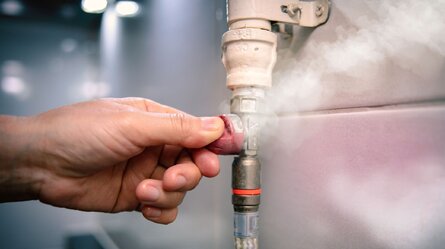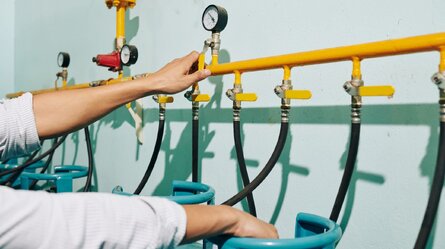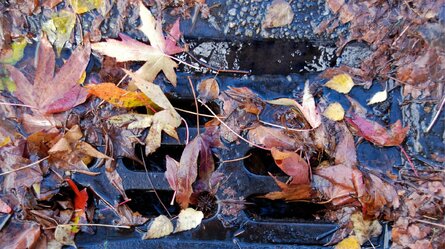Did you know that ducted gas systems in many Australian homes can lose a significant portion—up to 58%—of the heat they produce because of leaks? According to a study by Palmer (2008), even after making improvements, about 17% of heat still vanishes due to leaks. Beyond just affecting your energy bill, this highlights a much more concerning issue: dangerous gas leaks.
Gas leaks aren’t just bad for your wallet; they pose serious risks to health and safety, such as fires, explosions, and carbon monoxide poisoning. These hidden dangers can slip by without notice, which is why catching them early is so critical.
This blog aims to inform you about the key signs of gas leaks in your home and provide practical steps to spot and fix them before things get serious. Keeping your home safe begins with being aware, and we’re here to steer you through the process.
Common Signs of a Gas Leak in Your Home
Gas leaks can be quite dangerous, so it’s essential to know how to spot them in your home. Keep an eye out for these common signs to make sure your space stays safe.
Odour: The Smell of Rotten Eggs
The most immediate sign of a natural gas leak is the distinct smell of rotten eggs. Natural gas is odourless, but your gas distributor adds a chemical calledmercaptanto give it this unpleasant smell, making it easier to detect gas leaks in your home. If you smell rotten eggs, it’s a clear indication that there is a gas leak in your house.
Sound: Hissing or Whistling Near Gas Lines
Another way to detect gas leaks is by listening to unusual sounds around your gas lines and appliances. A hissing or whistling noise could indicate a gas leak in your home.
These noises are often caused by gas escaping from a small hole or crack in your gas line. If you hear such sounds, turn off your gas meter and contact a licensed gas fitter immediately.
Visual Clues: Dead Vegetation and Bubbles
Gas leaks can also be identified by visual clues. Dead or dying vegetation around your home, particularly near gas lines, may suggest a leak.
Gas leaks can suffocate plants by displacing oxygen in the soil. Additionally, bubbles in standing water outside your home may indicate a natural gas leak. Conduct a soapy water test around your gas system and gas meter to confirm the presence of gas leaks.
Physical Symptoms: Dizziness, Headaches, and Nausea
Gas leaks can cause physical symptoms in residents, including dizziness, headaches, and nausea. Prolonged exposure to a gas leak can lead to carbon monoxide poisoning.
If you experience these symptoms, evacuate your home immediately and report the gas leak. Using carbon monoxide detectors can help prevent gas-related health risks.
Spotting gas leaks early can truly save lives. Be sure to follow natural gas safety practices like regular checks and maintenance of your gas appliances. It’s a key step to keeping your home secure.
Steps to Take if You Suspect a Gas Leak
If you think there might be a gas leak in your home, it’s vital to act fast and put safety first. Here are the steps to take:
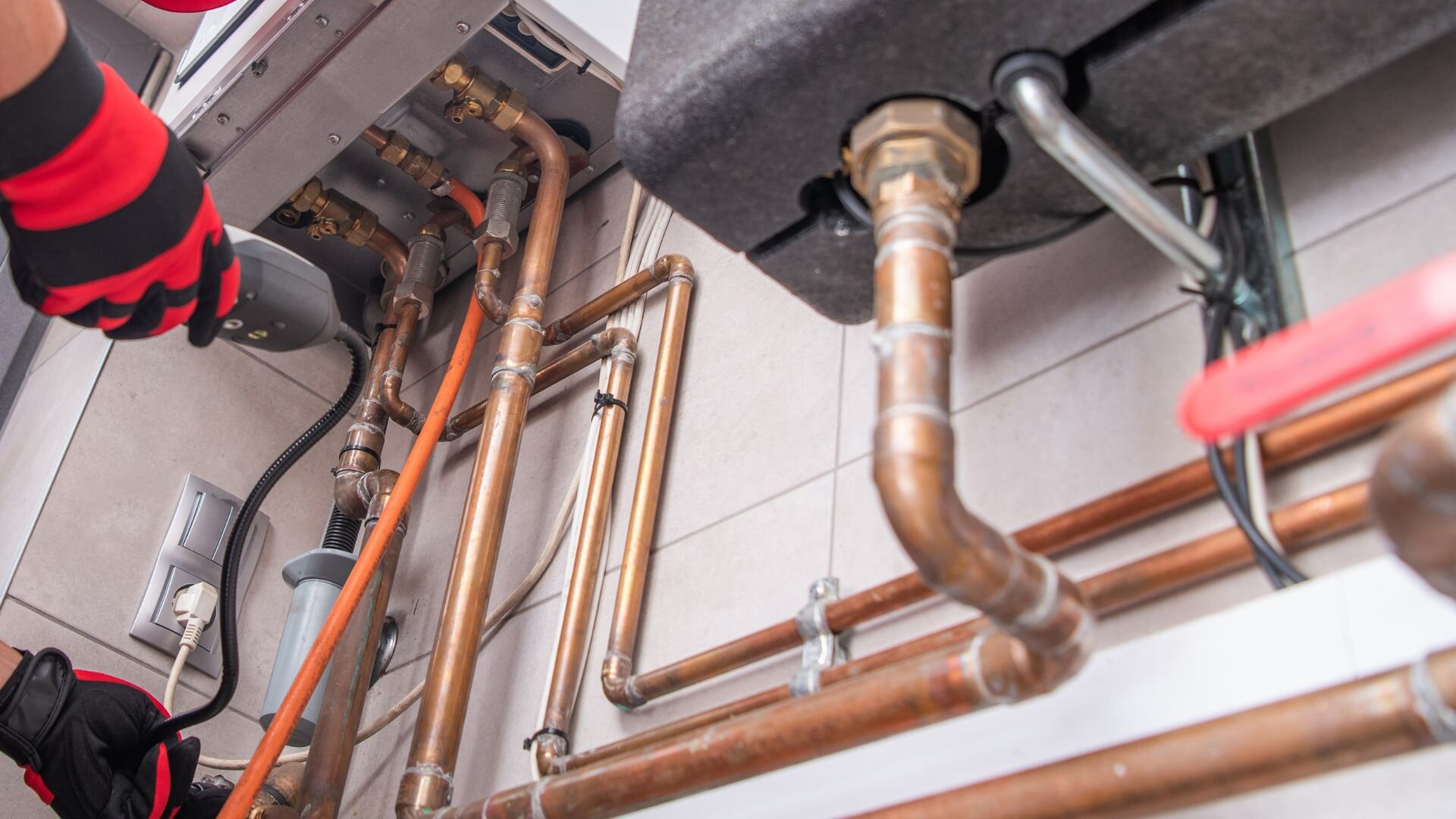
1. Immediate Evacuation
The moment you suspect a gas leak—whether you smell gas, hear a hissing sound or notice other signs—evacuate your home immediately. Ensure that everyone in the house, including pets, leaves the premises without delay. Do not attempt to investigate the source of the leak yourself.
2. Do Not Use Electronics
Do not turn on or off any electronic devices, lights, or appliances. Even the smallest spark from a light switch, phone, or appliance can ignite the gas and cause an explosion. Leave doors open to ventilate the area as you exit, but do not use any electrical devices.
3. Shut Off the Gas Supply
If it is safe to do so, locate your gas meter and turn off the main gas valve. The valve is typically located outside your home, near the gas meter. To shut it off, turn the valve a quarter turn in either direction until it is perpendicular to the pipe.
4. Contact Emergency Services
After moving a safe distance away from your home, call emergency services, like 000 in Australia, to report the suspected gas leak. Only return when professionals have confirmed it’s safe.
Preventative Measures to Avoid Gas Leaks
Preventing gas leaks in your home requires a proactive approach, combining regular maintenance, proper installation, and awareness. Here are some essential measures to help you avoid the risks associated with gas leaks.
1. Regular Maintenance
- Schedule Inspections: Regular maintenance is key to preventing gas leaks. Schedule annual inspections by a licensed gas fitter to check your gas appliances, pipelines, and connections. This ensures that any wear and tear, corrosion, or potential issues are identified and repaired before they escalate into dangerous leaks.
- Monitor Appliances: Regularly check your gas appliances for any signs of damage or malfunction. Look for soot, yellow flames, or unusual smells, which could indicate a problem that needs professional attention.
2. Install Gas Detectors
Installing gas detectors in your home provides an additional layer of safety. These devices can detect the presence of natural gas or carbon monoxide and alert you when levels become dangerous. Place detectors near gas appliances, in bedrooms, and in other areas where leaks might occur.
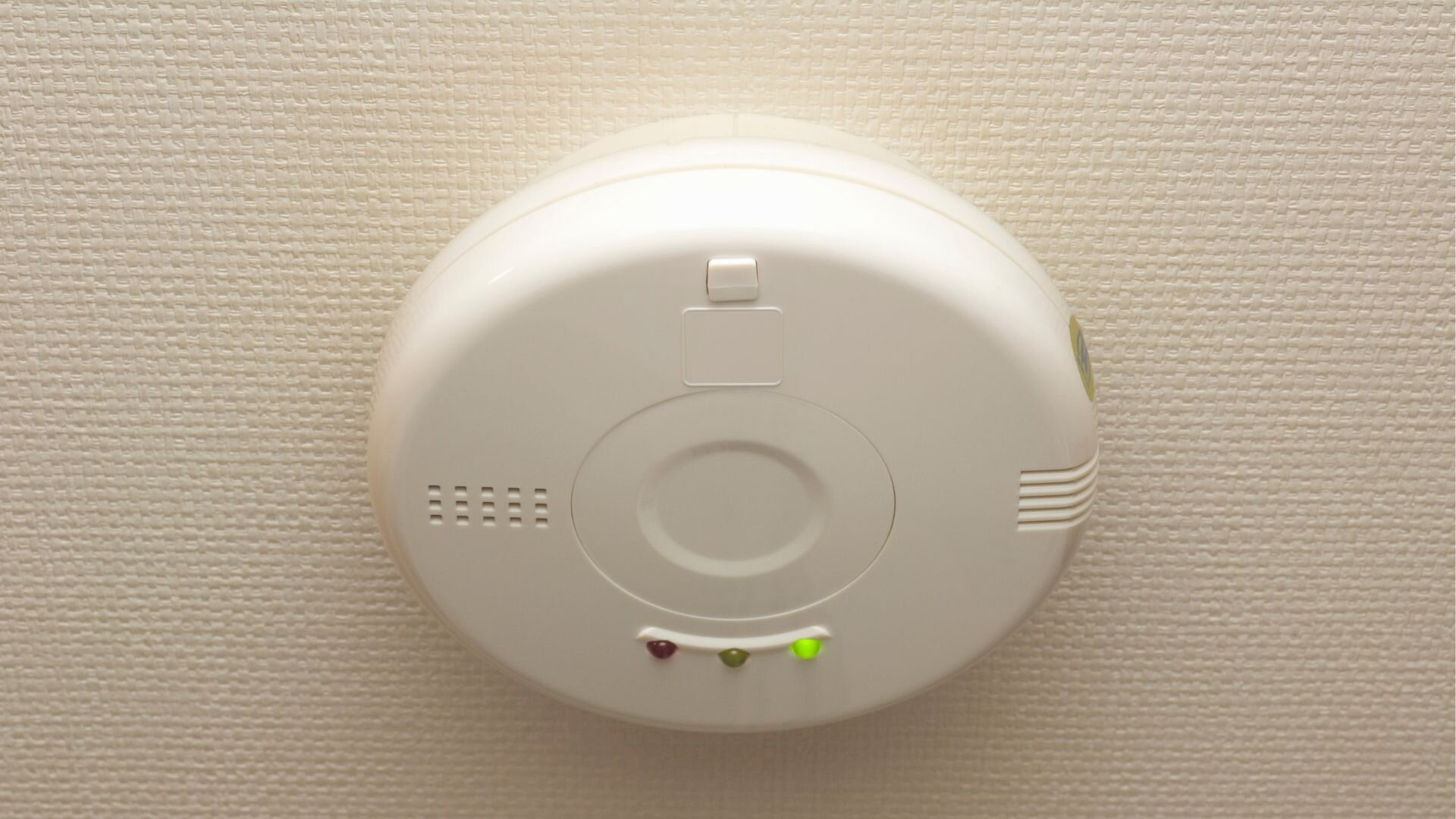
3. Proper Ventilation
Gas appliances require proper ventilation to function safely. Poor ventilation can lead to the accumulation of gas or carbon monoxide, increasing the risk of leaks and poisoning. Make sure that your gas appliances, such as heaters and stoves, are installed in well-ventilated areas and that vents and flues are unobstructed.
4. Appliance Quality and Installation
- Use High-Quality Appliances: Invest in high-quality gas appliances that meet safety standards. Cheaper, low-quality appliances are more prone to leaks and failures.
- Professional Installation: Always hire a licensed professional to install your gas appliances and pipelines. Incorrect installation can lead to leaks and other hazards. Professional installation ensures that your appliances are set up correctly and are safe to use.
The Importance of Professional Gas Leak Detection
When it comes to gas leak detection, hiring professionals offers significant advantages over DIY methods. Professional gas leak detection services use advanced tools and techniques that are far more sensitive than household methods, such as the soapy water test. These specialised tools can detect even the smallest leaks that might go unnoticed by untrained eyes, ensuring that no potential hazard is overlooked.
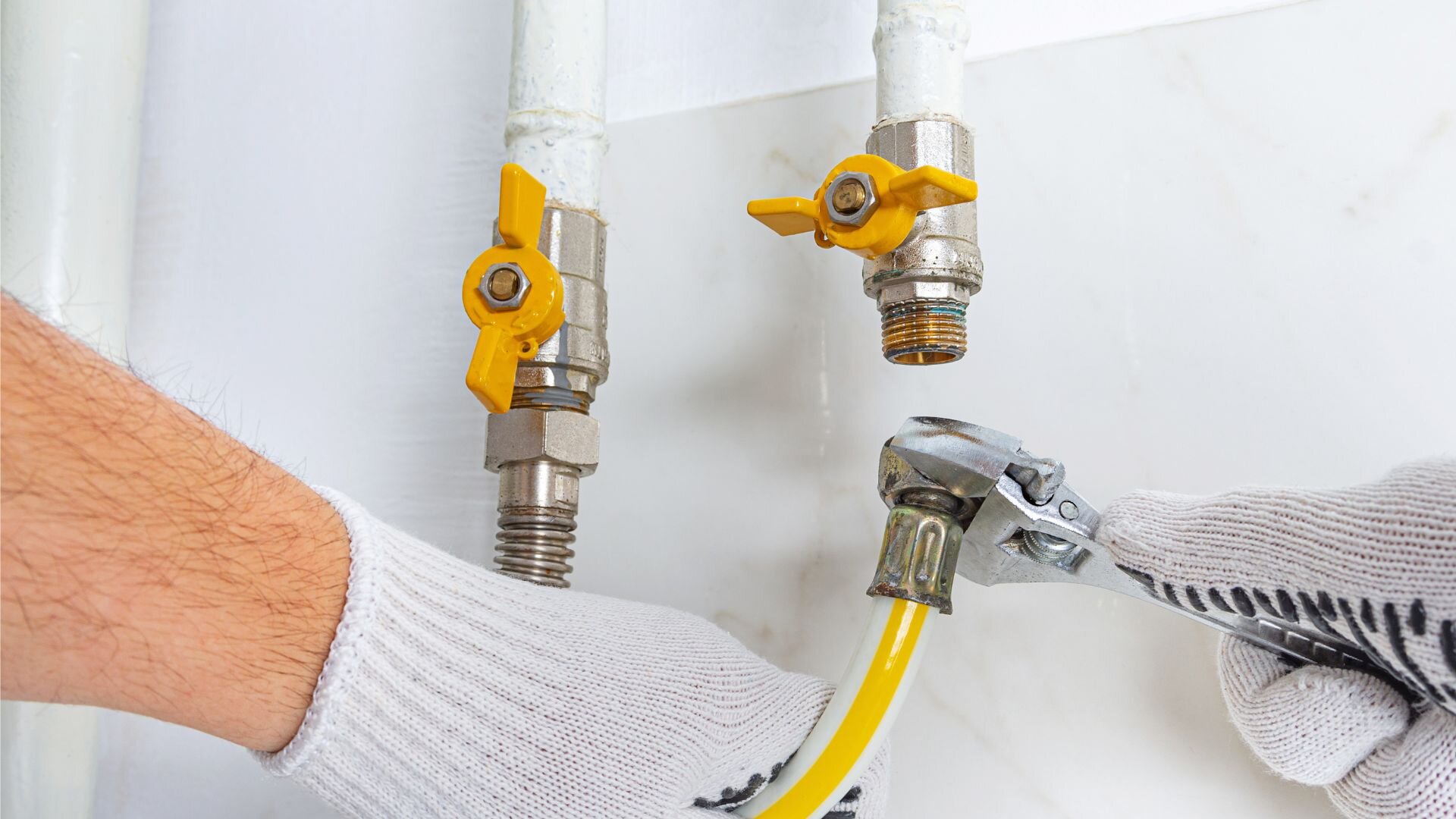
In addition to advanced detection tools, professionals provide an accurate diagnosis of the situation. They are trained to pinpoint the exact location of the leak, allowing for targeted repairs that minimise disruption and prevent further issues. This precise approach not only addresses the immediate problem but also helps to prevent future leaks, safeguarding your home and family.
Plus, a professional inspection includes a comprehensive safety check of your entire gas system. This thorough assessment ensures that all components—gas lines, appliances, and connections—are functioning correctly and safely.
In short, professional gas leak detection is a reliable and safer option, providing peace of mind that your home is thoroughly inspected and free from gas leak hazards.
Trust Woolf Plumbing for Your Gas Leak Detection Needs
Regular gas inspections are essential for ensuring the safety and well-being of your home. These inspections not only prevent dangerous situations like gas leaks but also provide invaluable peace of mind.
Knowing that your gas system is in good working order allows you to sleep soundly, free from the worry of potential hazards. Additionally, early detection and prevention of issues can save you money in the long run by avoiding costly repairs and potential health expenses associated with gas leaks and carbon monoxide exposure.
Now is the time to take action—schedule regular inspections and stay informed about gas safety to protect both your home and your loved ones.
When it comes to professional gas leak detection and repairs, Woolf Plumbing is the trusted choice. With an experienced team of experts, Woolf Plumbing offers prompt and efficient service, ensuring that any gas leaks are addressed swiftly and safely.
Don’t wait until it’s too late— contact Woolf Plumbing today to schedule a professional inspection and keep your home secure. With their expertise and dedication to safety, you can trust that your gas system is in capable hands.


